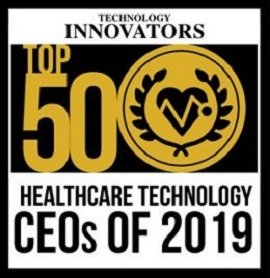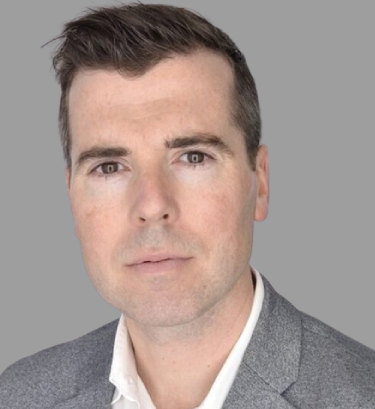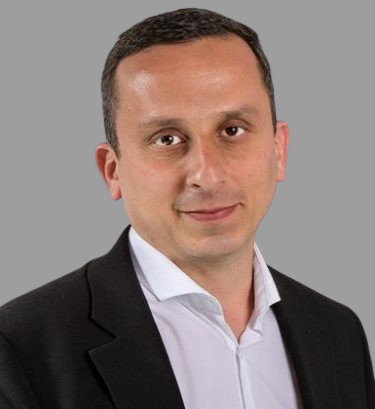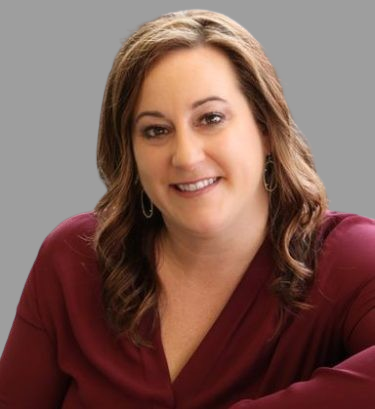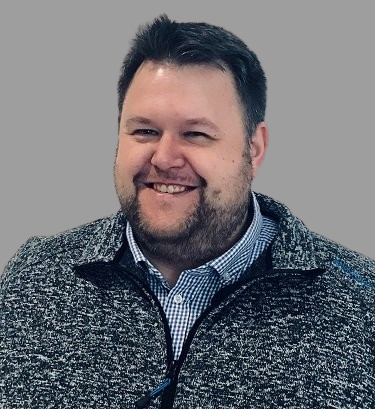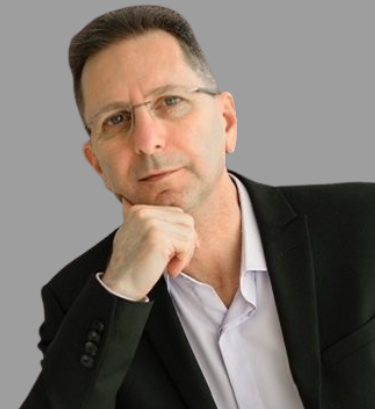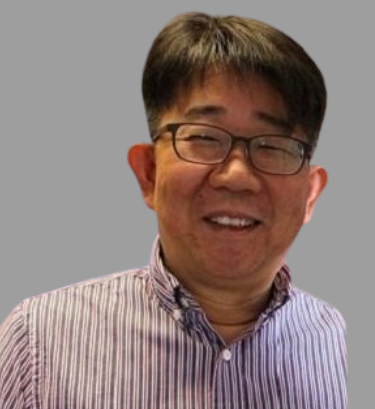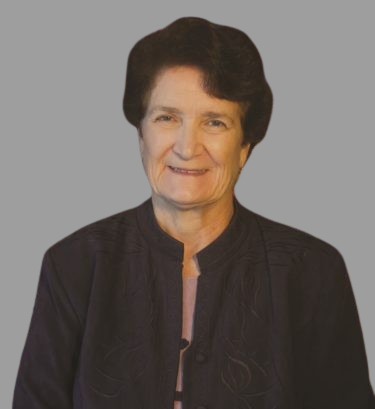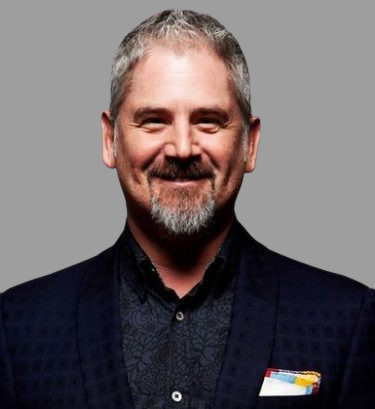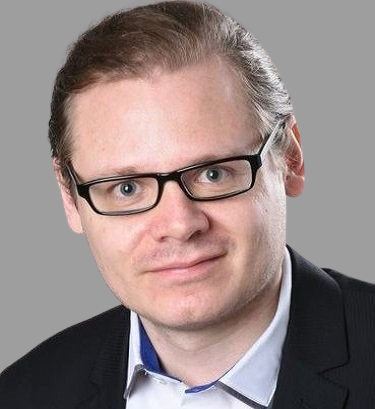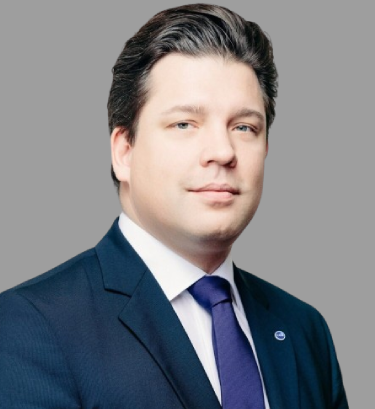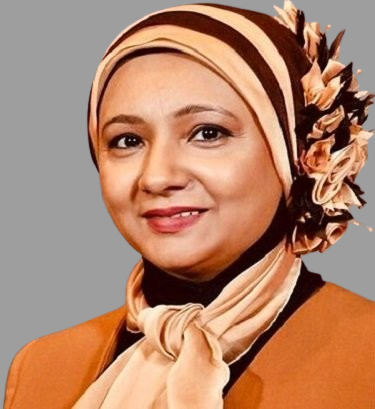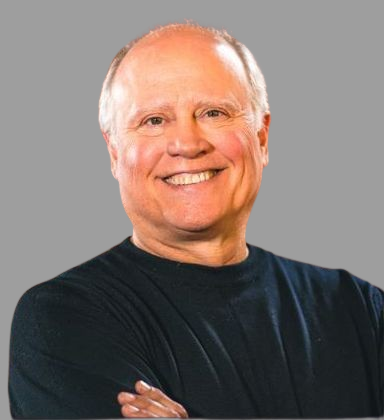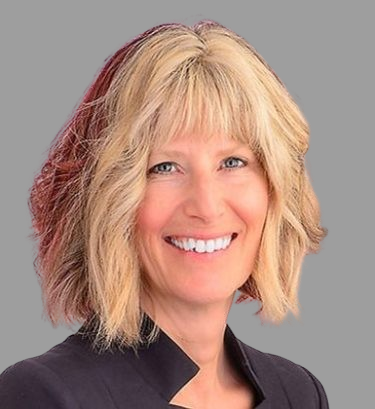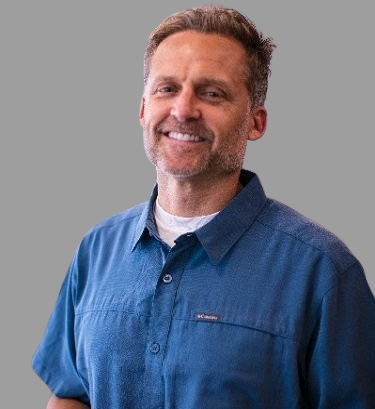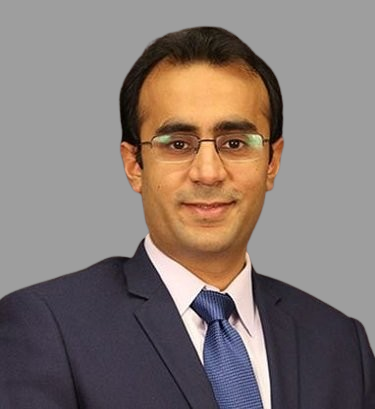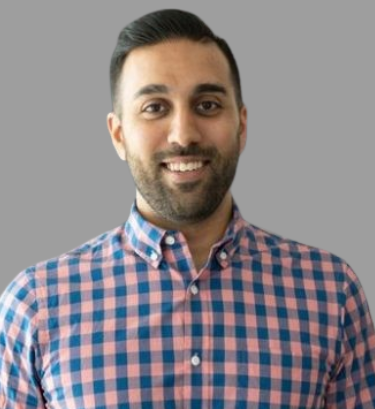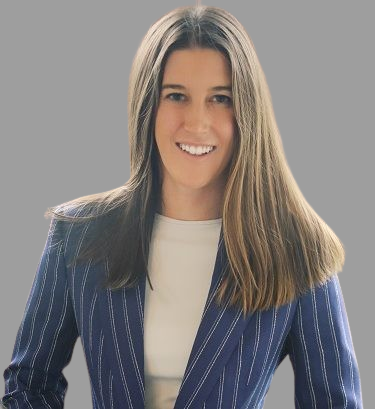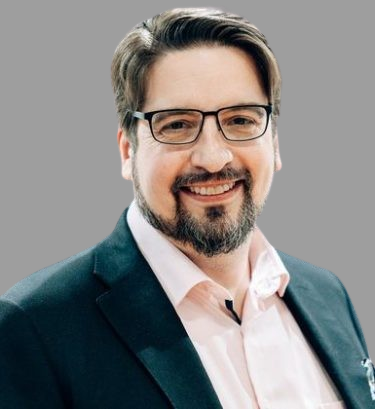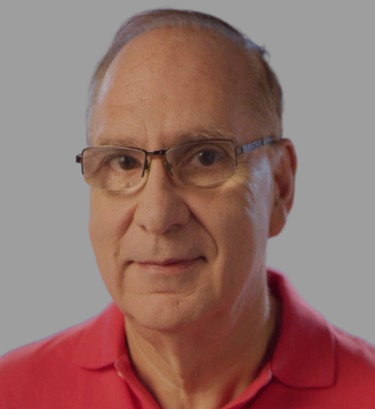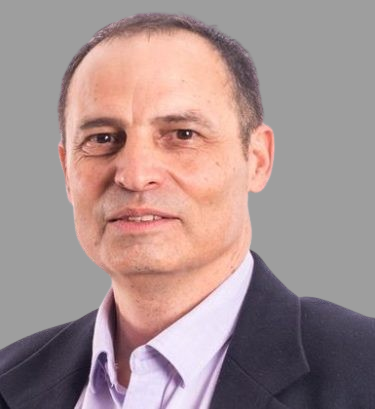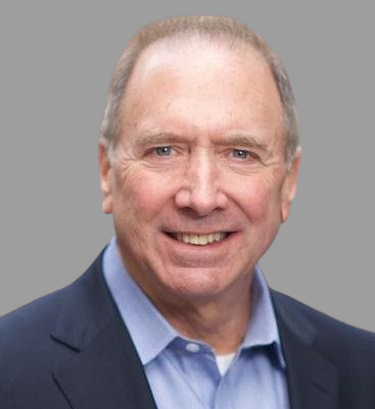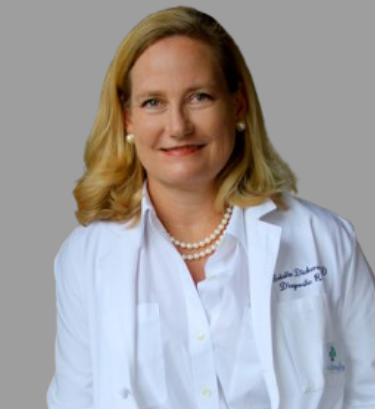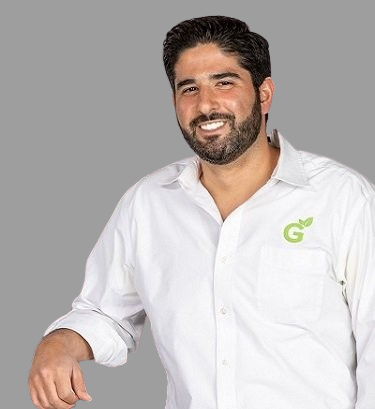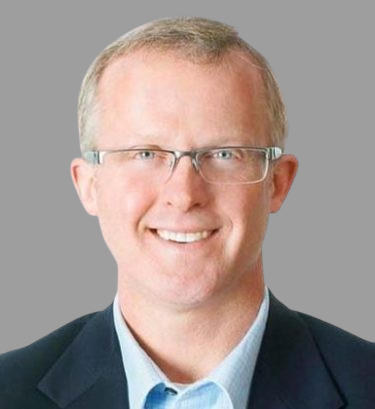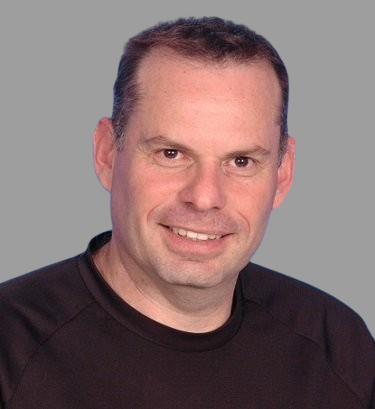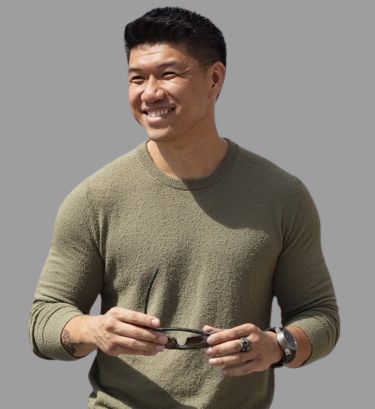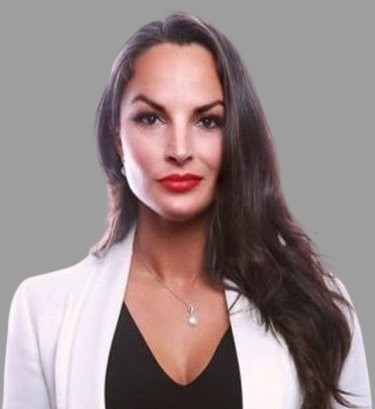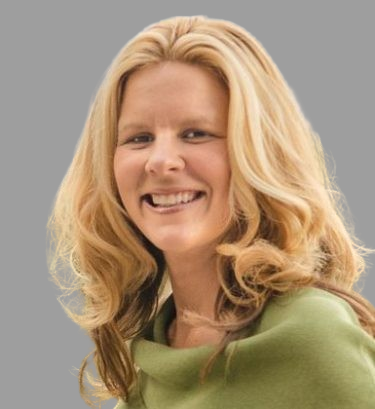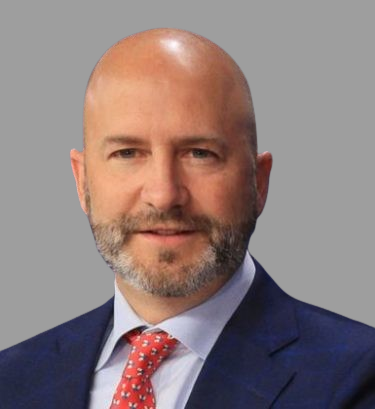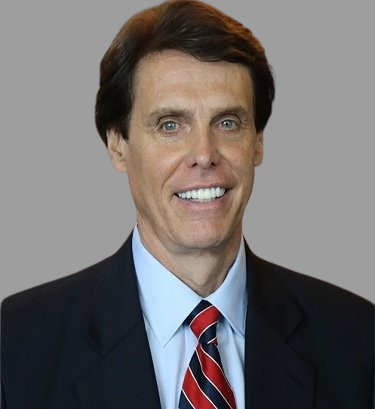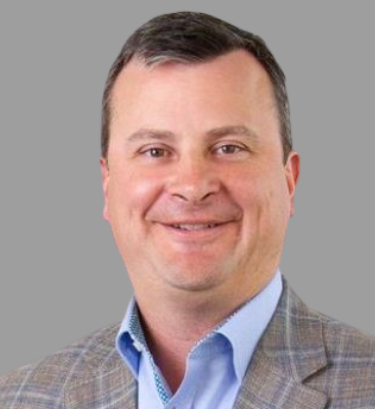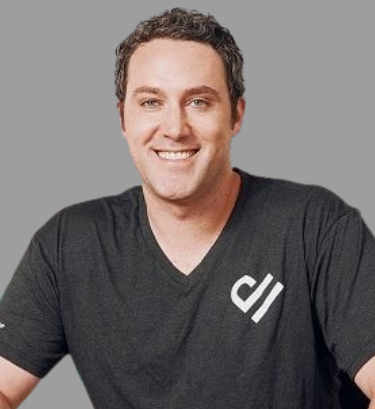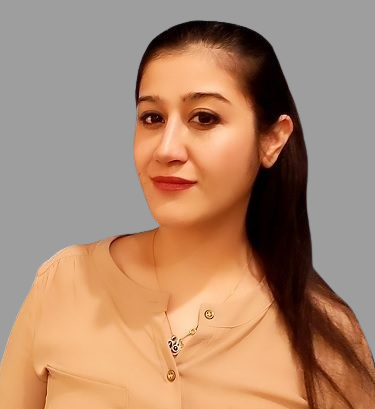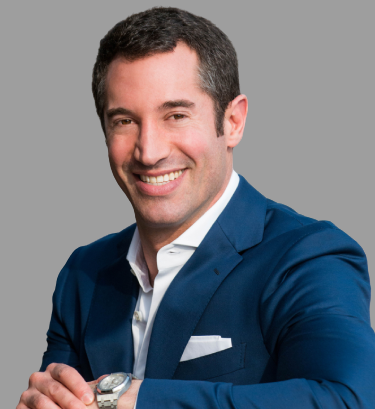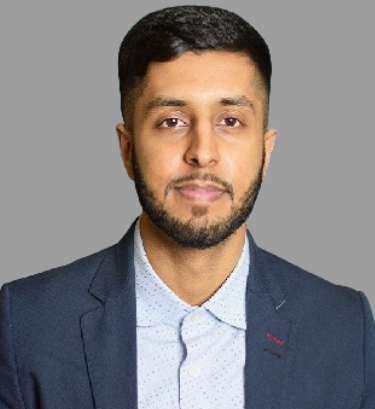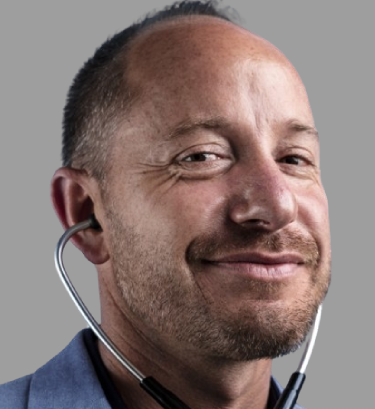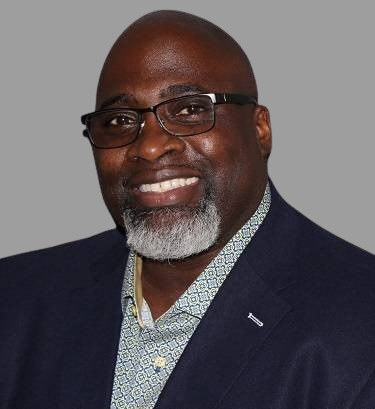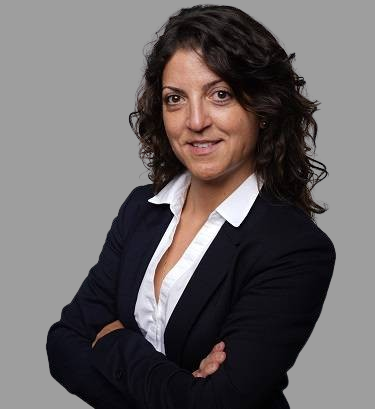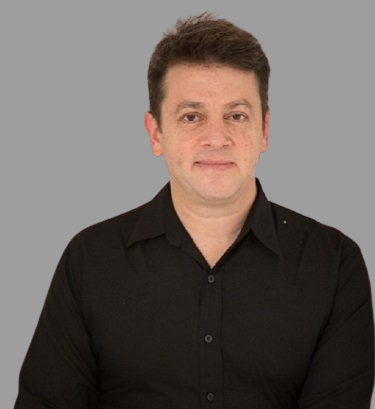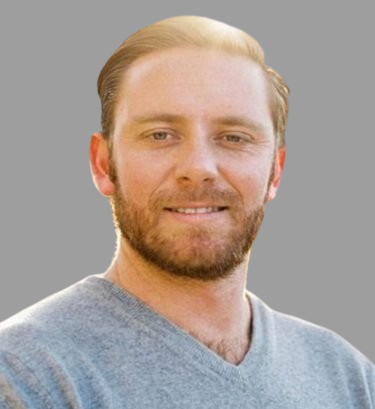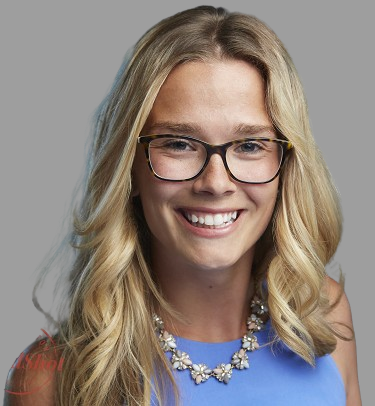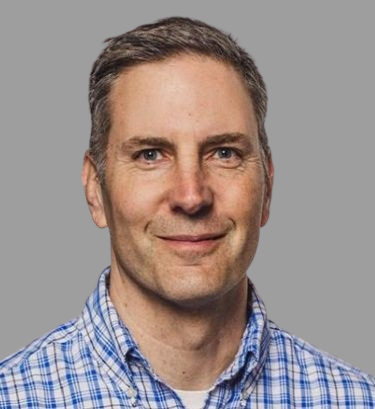Trending →
Healthcare is a rigid sector where the one-size-fits-all approach doesn’t work. Every problem is made up of a set of micro problems, each of which demands a different solution. A decade ago, most of the new businesses emerged around the same idea that was already resolving a problem. Innovations weren’t as easy as in the other industries because here, the patient’s life is at stake. The lack of openness to try new solutions resulted in expensive medication costs and lack of transparency. There was a good scope of improvement in the healthcare sector. A few entrepreneurs capitalized this opportunity, harnessed their ideas, skills, and efforts to solve some of the biggest problems in the domain. Taking advantage of the biggest potential in the market while optimizing the legacy systems to get the best results, these thought leaders have been true problem solvers. From diagnosis to cure, the reader will get rare insights into the world of the health tech, through this edition. Healthcare is a sensitive industry which has no room for trial and error. The constraints associated with experimentation is the major reason why the industry the evolution of the industry in terms of technological advancement is slow. Technologies like Artificial Intelligence and Machine Learning constantly oscillate between success and failures, some leaders have managed to bring the balance on the right side. With a reputation for carving a niche for themselves in the rigid space, they have leveraged their business acumen to establish their moorings of technology in the unconquered islands of healthcare. As a result of their efforts and strategic thinking, today the industry is abuzz with a healthy ecosystem of health-tech pioneers. With this in mind, we set out to present to you through this edition the top 50 CEOs in the health-tech industry and the secret sauce of their success recipe. This project exposed us to the most inspiring CEOs in the U.S and we thoughtfully crafted this edition to acquaint you with the smartest minds of the industry and expose you to the keys to their success and the discipline it calls for.



